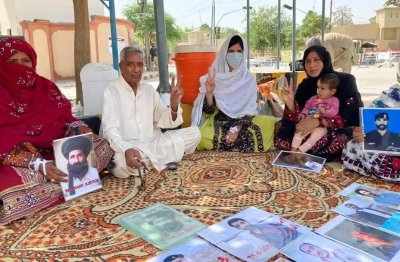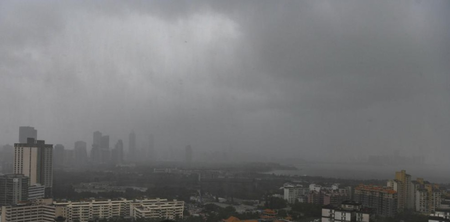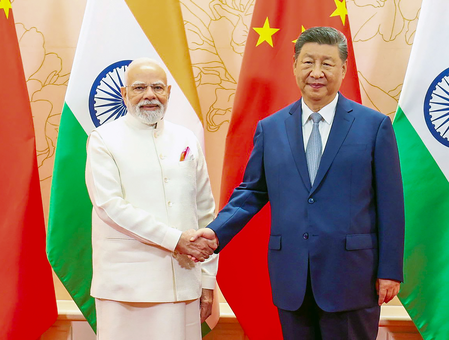
New Delhi, Sep 7 (IANS) The recent killing of a doctor in Sargodha and the lynching of a man outside an Ahmadi Mosque in Karachi have reignited concerns over Pakistan’s treatment of religious minorities, especially the Ahmadis.
Several international human rights groups say these incidents are not isolated acts of violence but symptoms of an entrenched culture of intolerance enabled by state inaction.
Since Pakistan’s Constitution declared Ahmadis non-Muslim in 1974, the community has faced systematic discrimination, and these discriminated and acts of violence against Ahmadis are justified on the name of religion.
Laws criminalising their religious practice have emboldened extremists, leaving Ahmadis vulnerable to harassment, prosecution, and targeted attacks. Analysts argue that the murders in Sargodha and Karachi are not aberrations but the logical consequence of decades of legalised exclusion and political appeasement.
Groups like Tehreek-e-Labbaik Pakistan (TLP) have capitalised on this environment. With street power and incendiary rhetoric defending blasphemy laws, TLP has normalised vigilante violence, said a report published by eurasiareview.
“It’s rhetoric, amplified on social media and legitimised by political concessions, has normalised vigilante violence. This normalisation not only corrodes domestic stability but also undermines Pakistan’s international standing,” it added.
Notably, the US Commission on International Religious Freedom (USCIRF) in its 2025 report again recommended Pakistan’s designation as a “Country of Particular Concern.” Human Rights Watch and Amnesty International have echoed these concerns, urging Islamabad not only to condemn attacks but to prosecute both perpetrators and instigators.
Amnesty bluntly warned that failure to act perpetuates impunity.
Similarly, the United Nations for Human Rights has in the past expressed “shock” at the reports of increasing violence against vulnerable communities while referring to persistent attacks and discrimination against Ahmadis on grounds of their religion or belief.
Observers note that Pakistan’s justice system remains compromised. Police often stand aside during mob assaults, while weak prosecutions ensure few convictions. Survivors pursuing justice face intimidation, deepening minority alienation.
Civil society and the press continue to document abuses, but advocates say global silence risks complicity.
The plight of Ahmadis is more than a domestic matter — it is a test of Pakistan’s political maturity and international credibility.
As the recent killings underline, indifference has a cost: for minorities living in fear, and for a state struggling to defend its reputation on the world stage, while its masters in olive uniforms continue to side with these extremist groups and remain ignorant of the plight of minorities in Pakistan.
–IANS
sas/dpb




